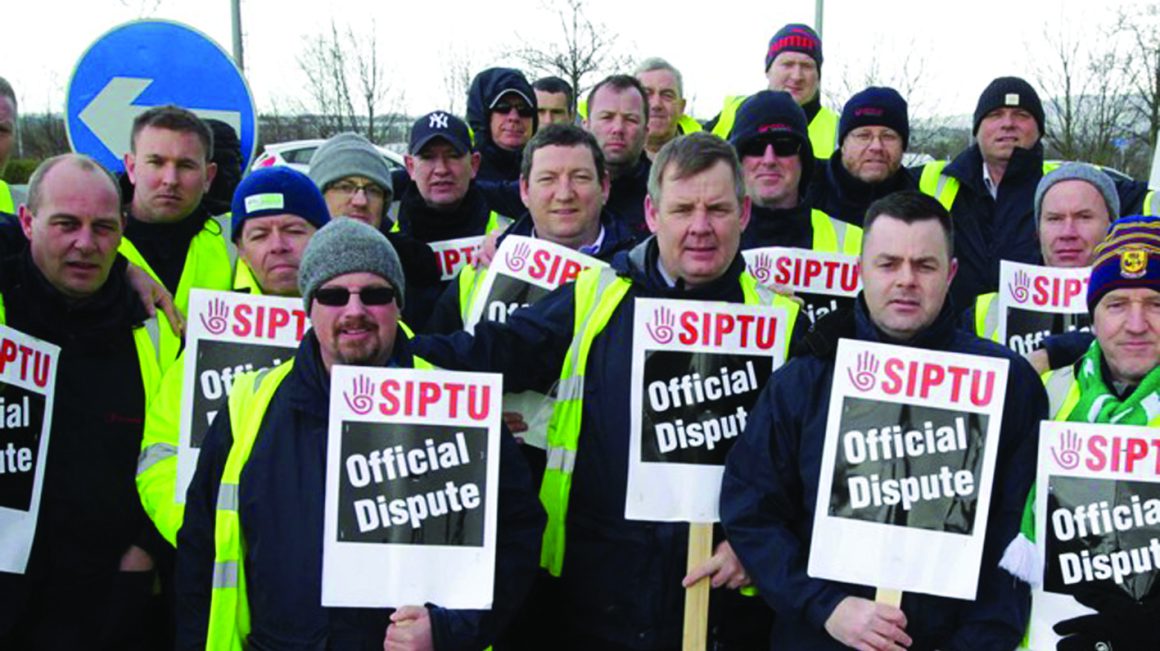By Councillor Michael O’Brien
Never ones to waste a good crisis IBEC were quickly out of the traps after the Brexit vote claiming that the ensuing political and economic turmoil meant that bosses in Ireland needed support and in turn workers’ rights must come under the hammer.
Specifically IBEC Chief Executive Danny McCoy in the pages of the Irish Times and elsewhere trotted out the usual arguments that the “regulatory burden” needed to be eased, taxes on business remain low and pay expectations by workers contained.
They were not alone in talking of the need of the workers’ pay and conditions to come under attack. In the immediate aftermath of the Brexit vote the ESRI talked of their wage cuts of between four and five percent for up to 60,000 workers. Let’s be clear, as far as IBEC and their ilk are concerned there is never a good time for a pay rise. A lot of workers in Ireland earn a quarter less than the living wage of €11.25 despite profits reaching record high levels.
For a real recovery
The bottom line is that workers should in no way feel inhibited about fighting for their recovery and not permit that once again the living standards of working class people are to be sacrificed because of the chaos of the markets and a crisis for the capitalist system generally. As Anti-Austerity Alliance (AAA) TD and Socialist Party member Mick Barry correctly said, workers should not be made the “whipping boys for Brexit”.
Workers in Luas have set a justifiable benchmark when they lodged a significant pay claim and backed it up with action. This is not greed as some have accused but is driven by the reality of the massive costs borne by working people for accommodation, childcare and putting their children through education.
Wages make up an ever shrinking part of the costs for employers relative to non wage costs and the tax burden on profits remains derisory. The regulatory ‘burden’ they are fretting about refers to the likes of the legislative efforts from the Dáil opposition backed by the trade union movement to outlaw precarious short hour contracts and replace them with banded hour contracts. The arguments for doing this in the aftermath of the Dunnes stores strike are unanswerable, but Fine Gael and Fianna Fáil again combined in the Dáil at the bosses’ behest to defer the legislation into next year.
The Socialist Party and the AAA will champion legislation to improve conditions and to restore public service pay. However, the initiative for pay justice has to rest firmly with the trade union movement and workers on the ground, and employer excuses about the effects of Brexit rejected out of hand.












